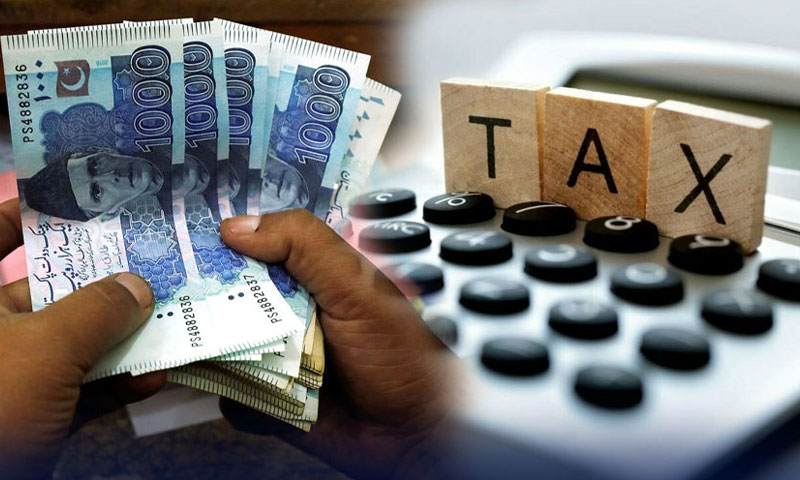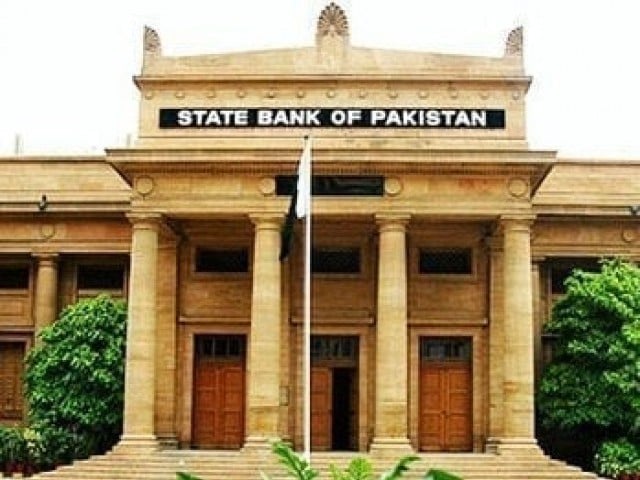IMF Program Prioritizes Tax Base Expansion in Pakistan

Islamabad:The International Monetary Fund (IMF) has set various priorities for its new program, one of which is to broaden the tax base in Pakistan. Experts highlight that the IMF is urging the government to expand the scope of taxation.
Recently, in an interview with a U.S. media outlet, the federal finance minister announced plans to eliminate the term “non-filer” and impose restrictions on tax evaders that would prevent them from conducting numerous activities.
Despite previous efforts to reform the tax system under prior IMF programs, many citizens in Pakistan remain hesitant to file taxes, fearing potential repercussions. To understand these concerns, V News spoke with several experts about the risks associated with tax filing.
### Tax Collection Remains Low in Pakistan
Economist Abid Slehria noted that Pakistan’s tax collection relative to GDP is alarmingly low. He explained that instead of bringing income concealment individuals into the tax net, governments have historically increased the tax burden on existing filers, discouraging others from joining the system. Previous tax amnesty schemes have further incentivized non-filers.
### Ending the Non-Filer Category Seen as a Positive Move
Slehria described the removal of the non-filer category as a positive step in current tax reforms, asserting that filers will pay taxes proportional to their income and can adjust various advance taxes. This move is crucial for transitioning Pakistan’s economy into a documented one. He emphasized that if the country wants to become less dependent on IMF loans, it must continue implementing these reforms.
### Taxation as a Foundation for State Services
The President of the Council of Economic and Energy Journalists pointed out that the foundation of any state lies in its ability to provide services and security to its citizens through tax collection. He explained that taxation, which was once a means for kings and dictators to fund personal expenses, has evolved in democratic societies to help cover state expenditures and facilitate infrastructure development.
### Tax Evasion Culture in Pakistan
However, a culture of tax evasion prevails in Pakistan. Officials within the Federal Board of Revenue (FBR) have allegedly created systems that enable tax evasion. A lack of accountability within the FBR exacerbates the situation, as officials often take bribes to avoid tax payments.
The president highlighted that the FBR has significant power to summon any taxpayer, creating a hostile environment. Moreover, there is no transparent system to track who receives notices or the outcomes of those notices, leading to increased anxiety among taxpayers.
### Perception of the FBR
A pervasive perception exists that individuals should avoid the FBR, deterring citizens from engaging with the tax system. To improve tax collection, it is essential to bridge the gap between taxpayers and the FBR. Clear platforms should be established to track the outcomes of issued notices, along with accountability for officials who issue these notices.
### Encouragement for Citizens to File Taxes
Experts advocate for mandatory tax filing for citizens, emphasizing the benefits it brings to the government, economy, and ultimately the public. Improving tax compliance is seen as vital for enhancing Pakistan’s overall economic landscape.






